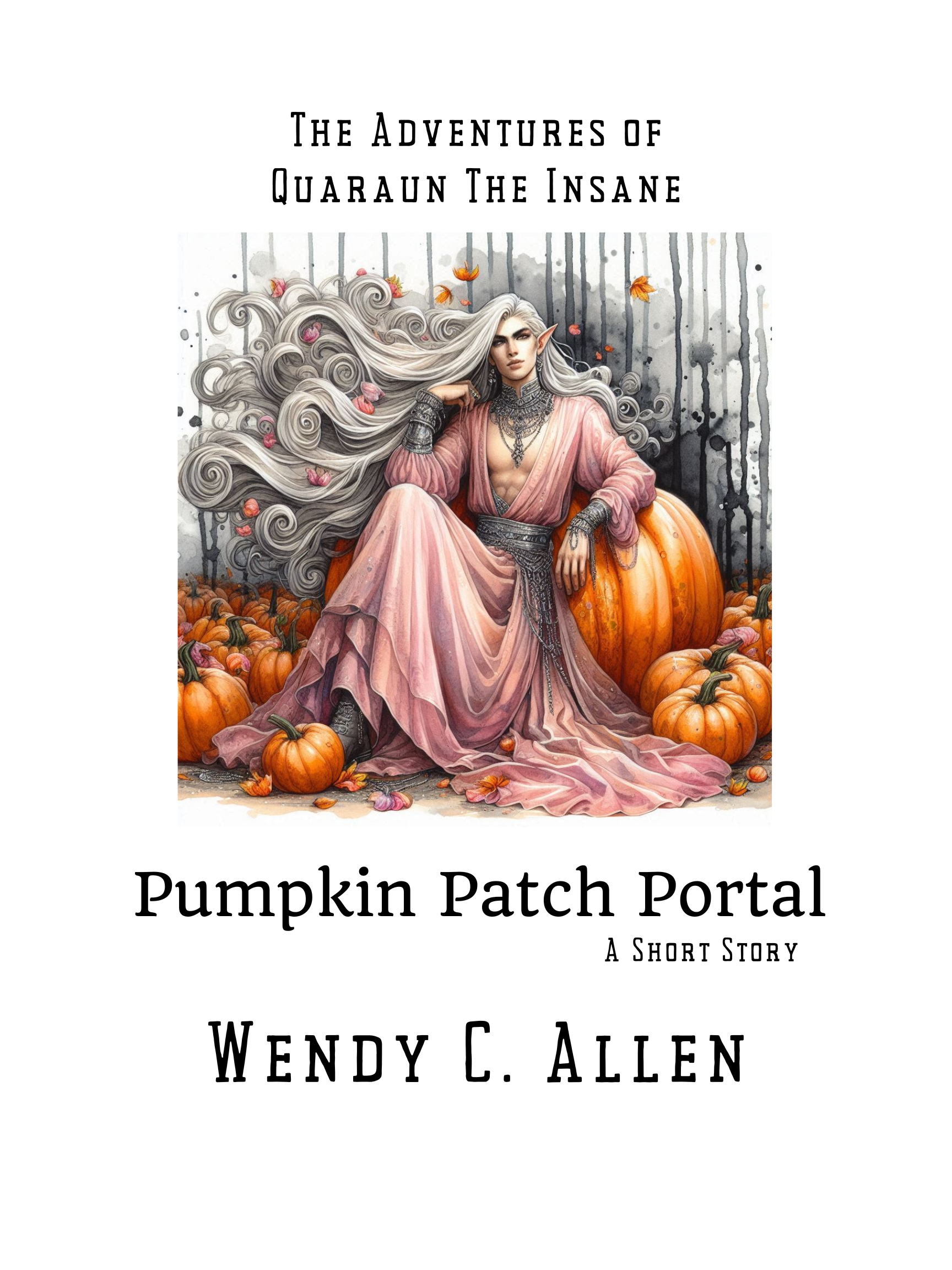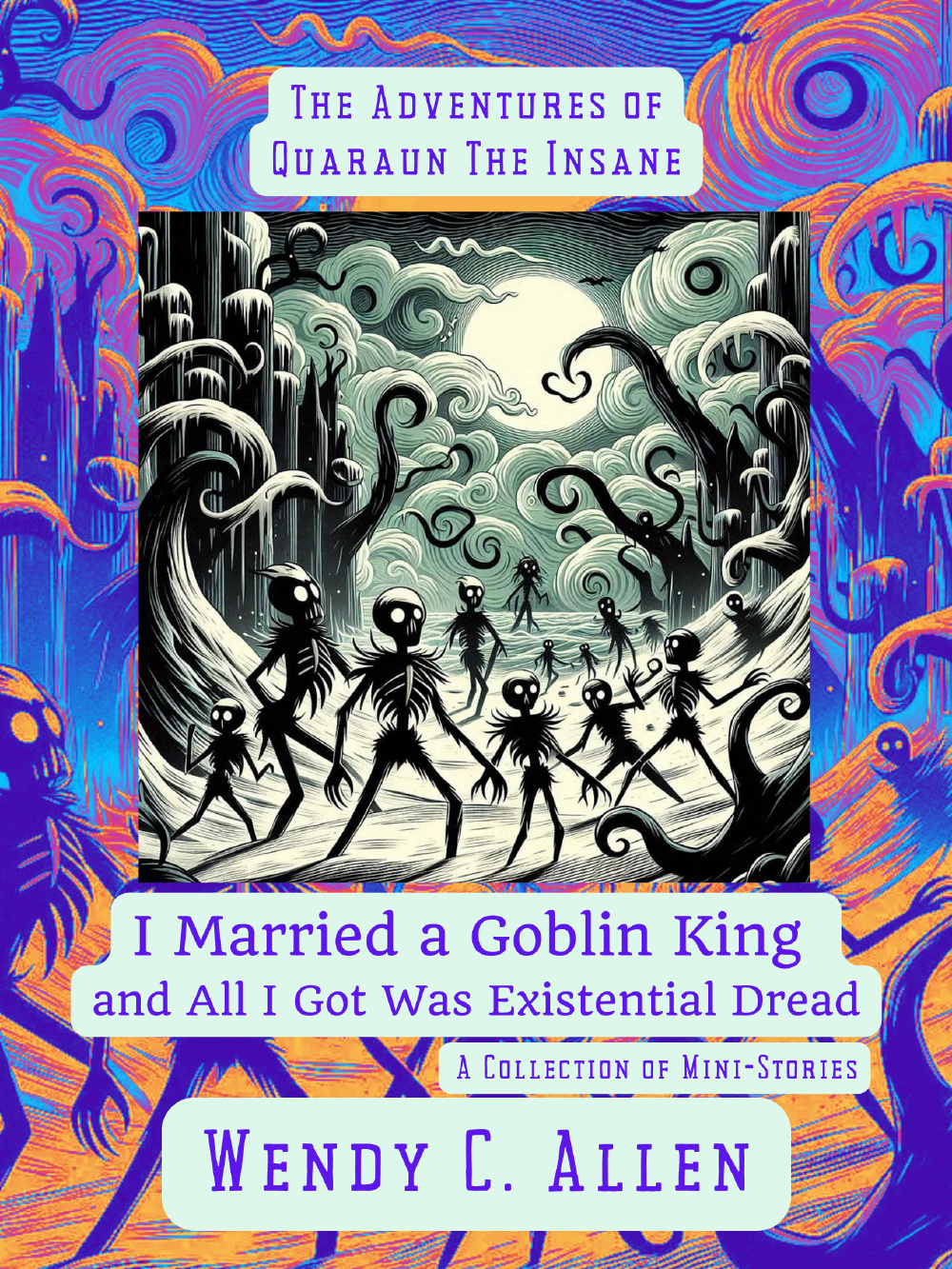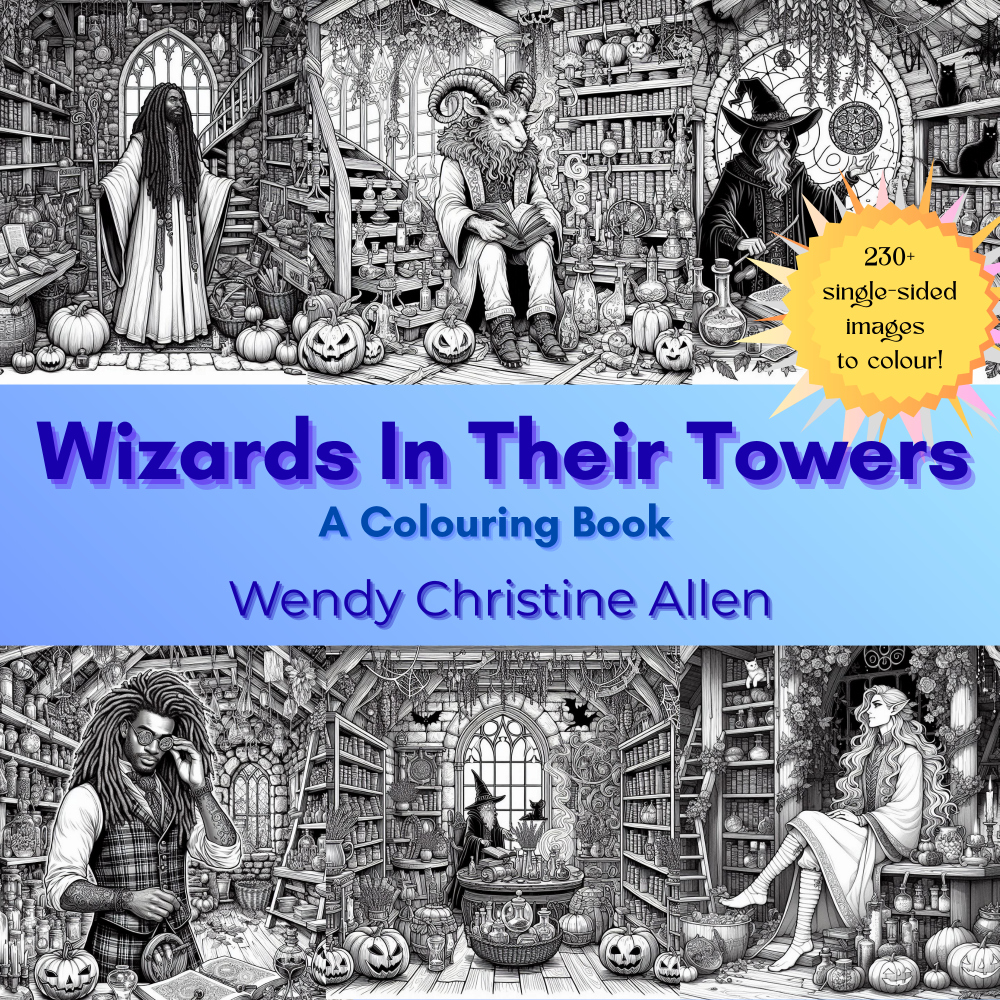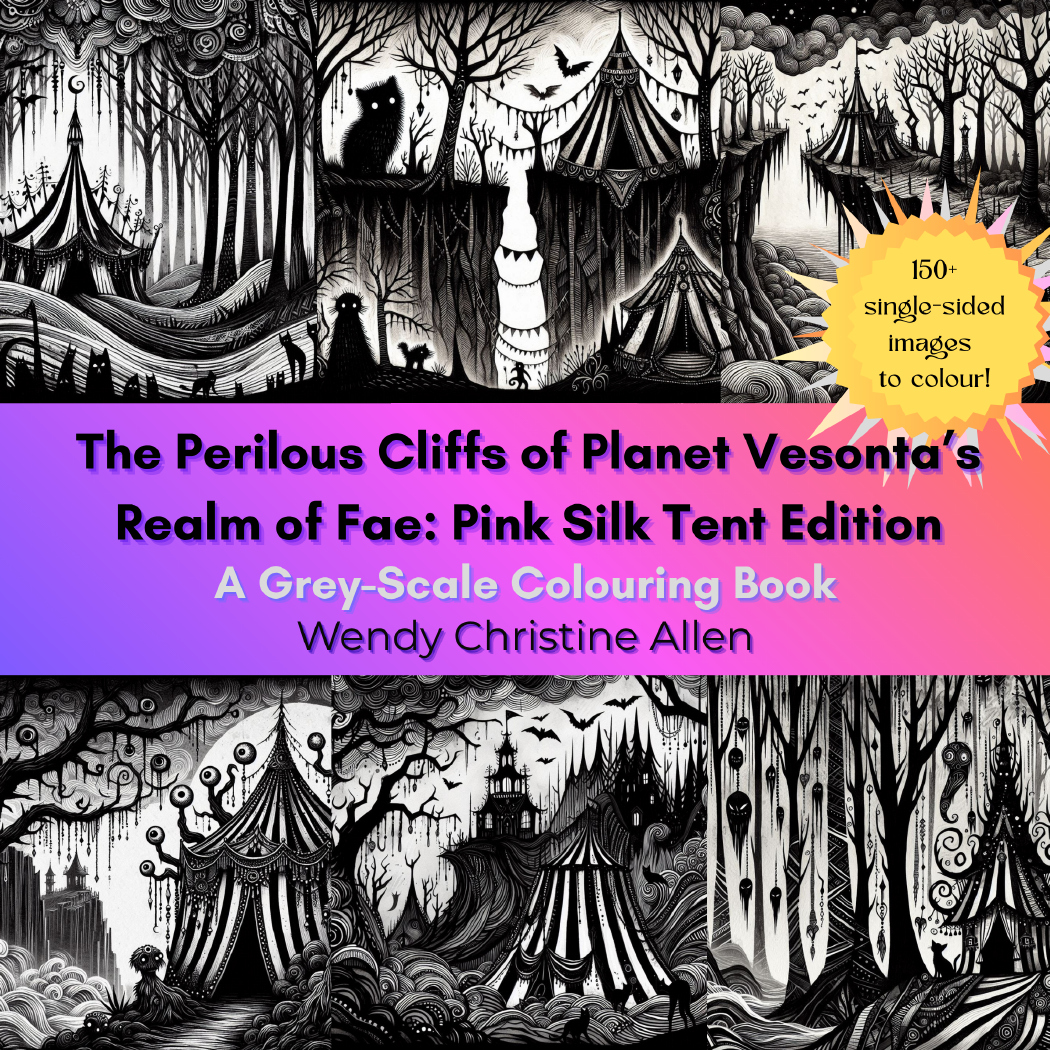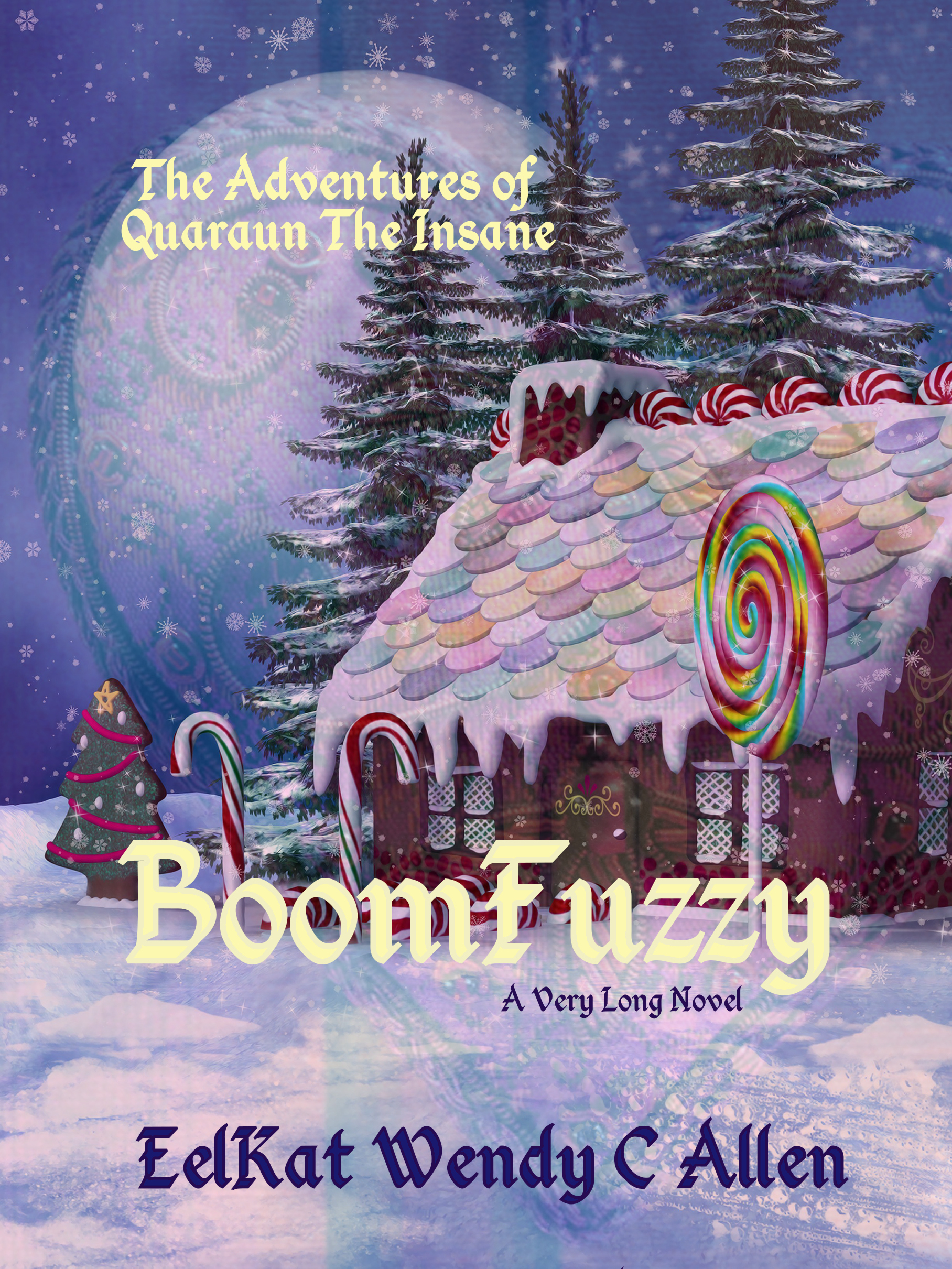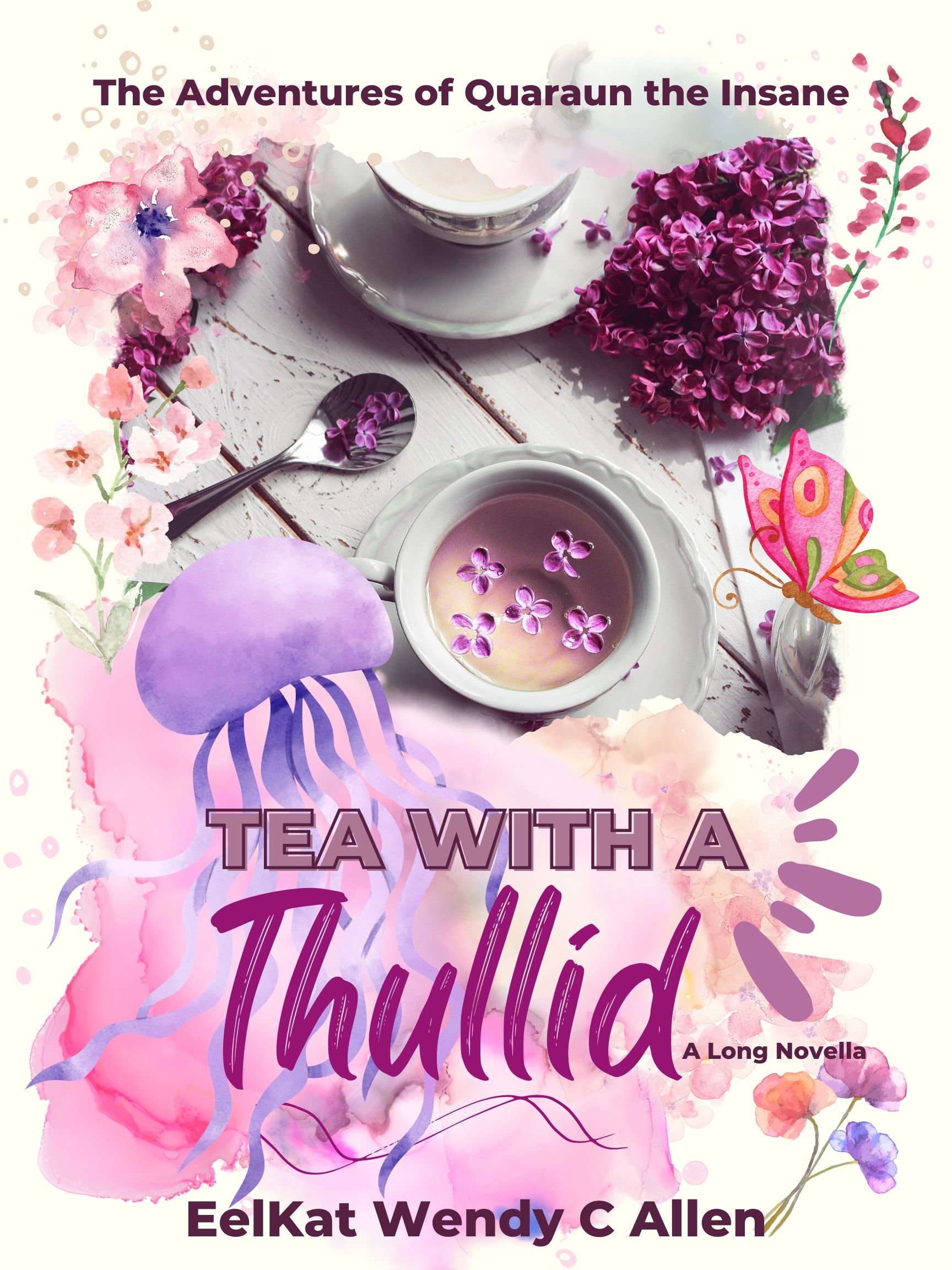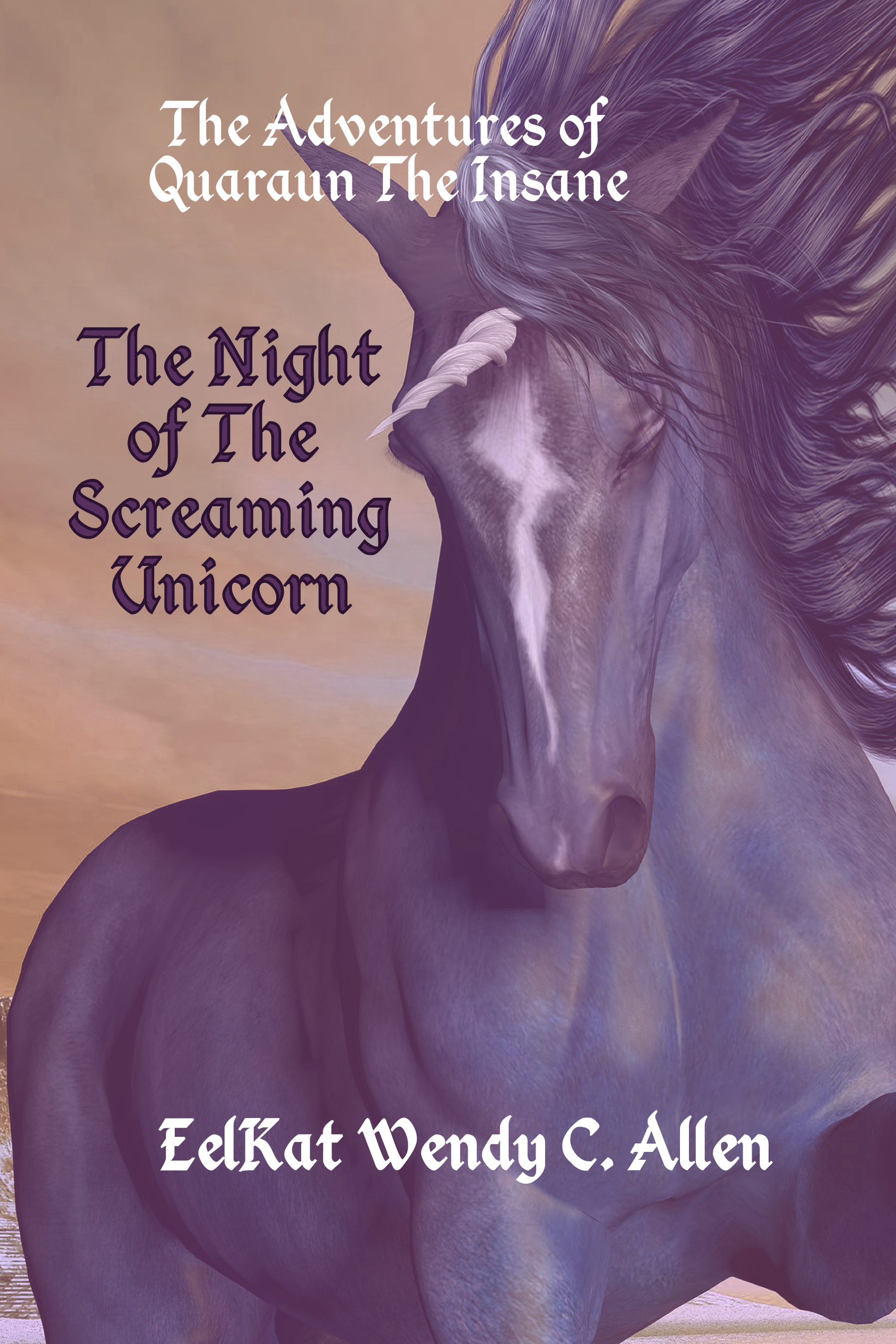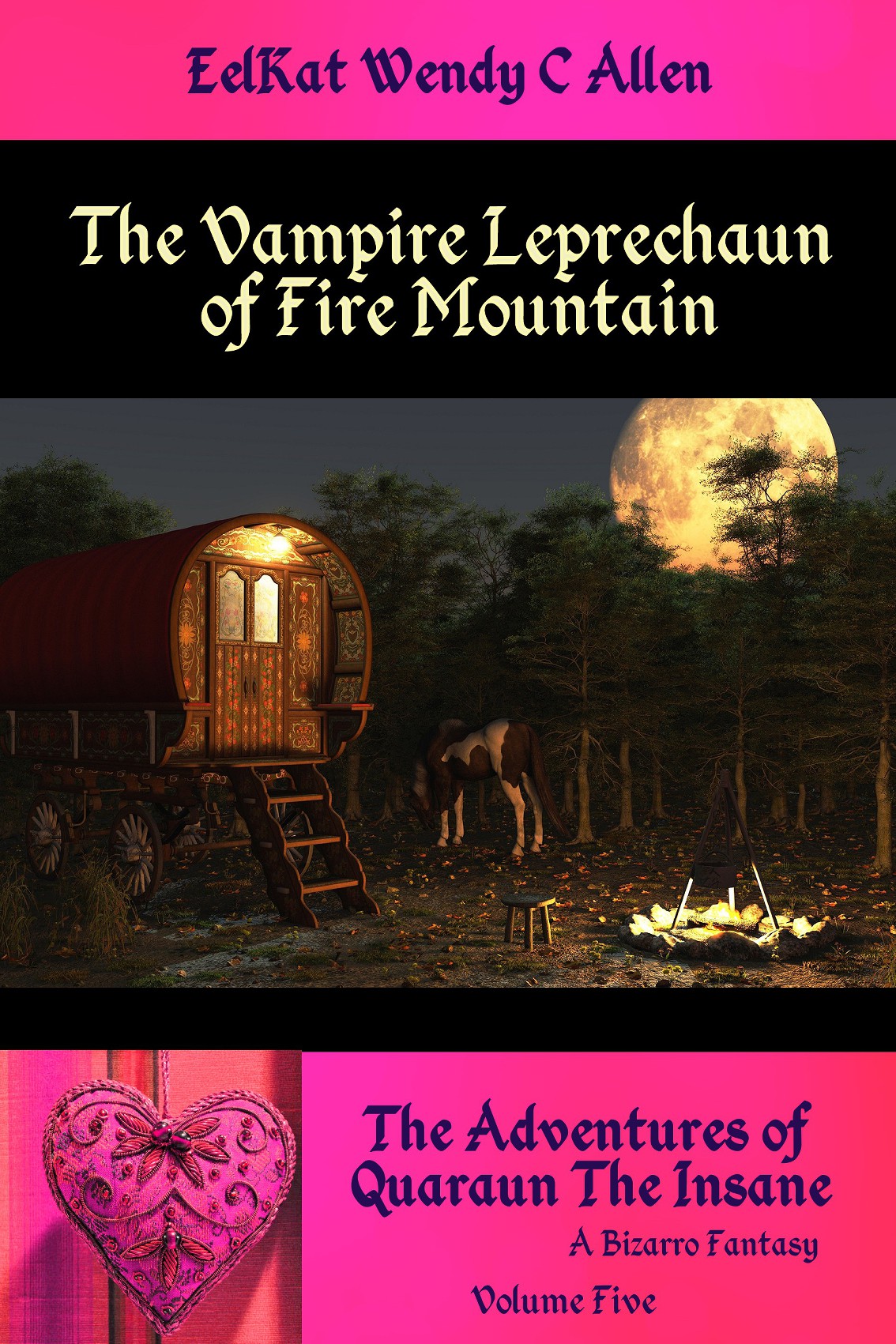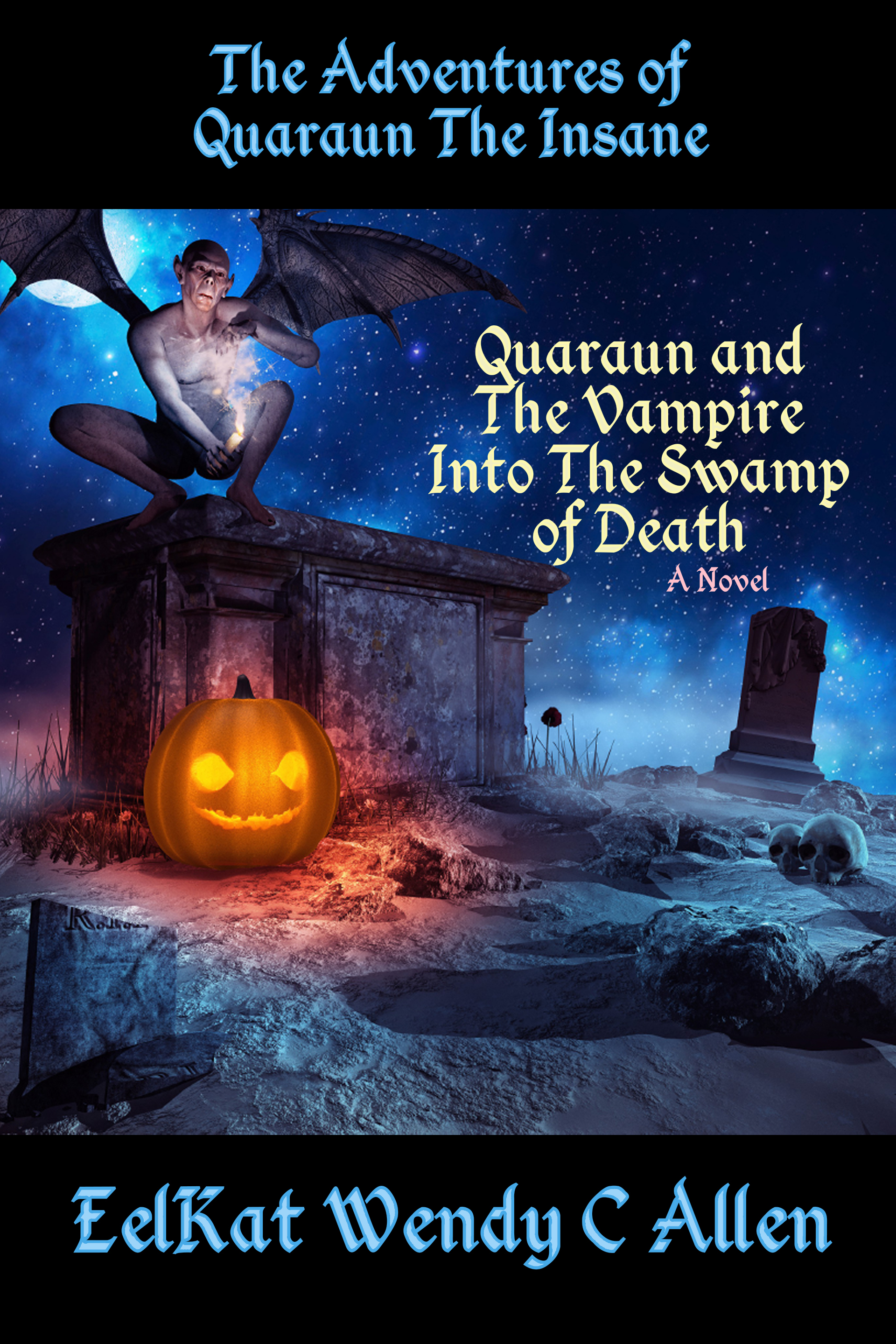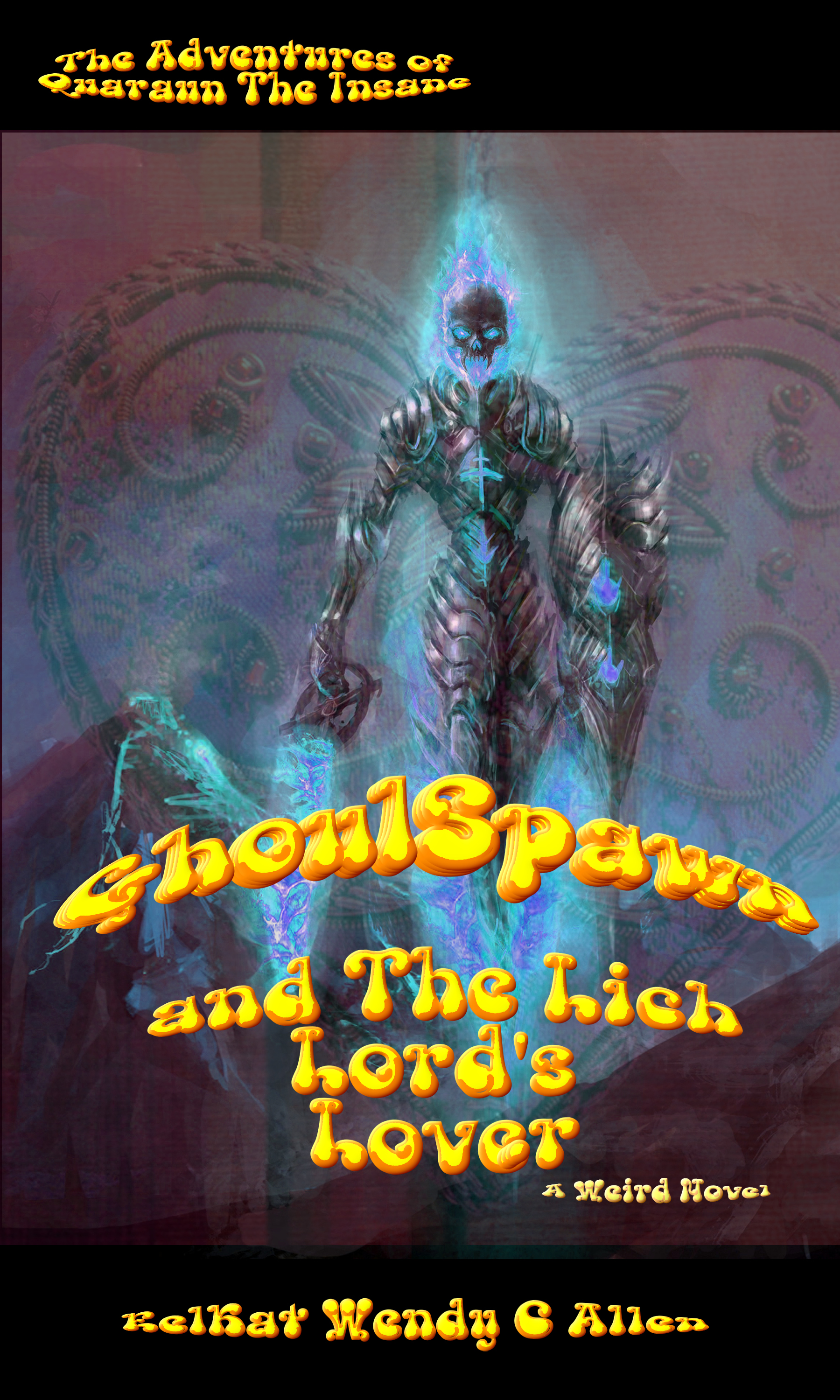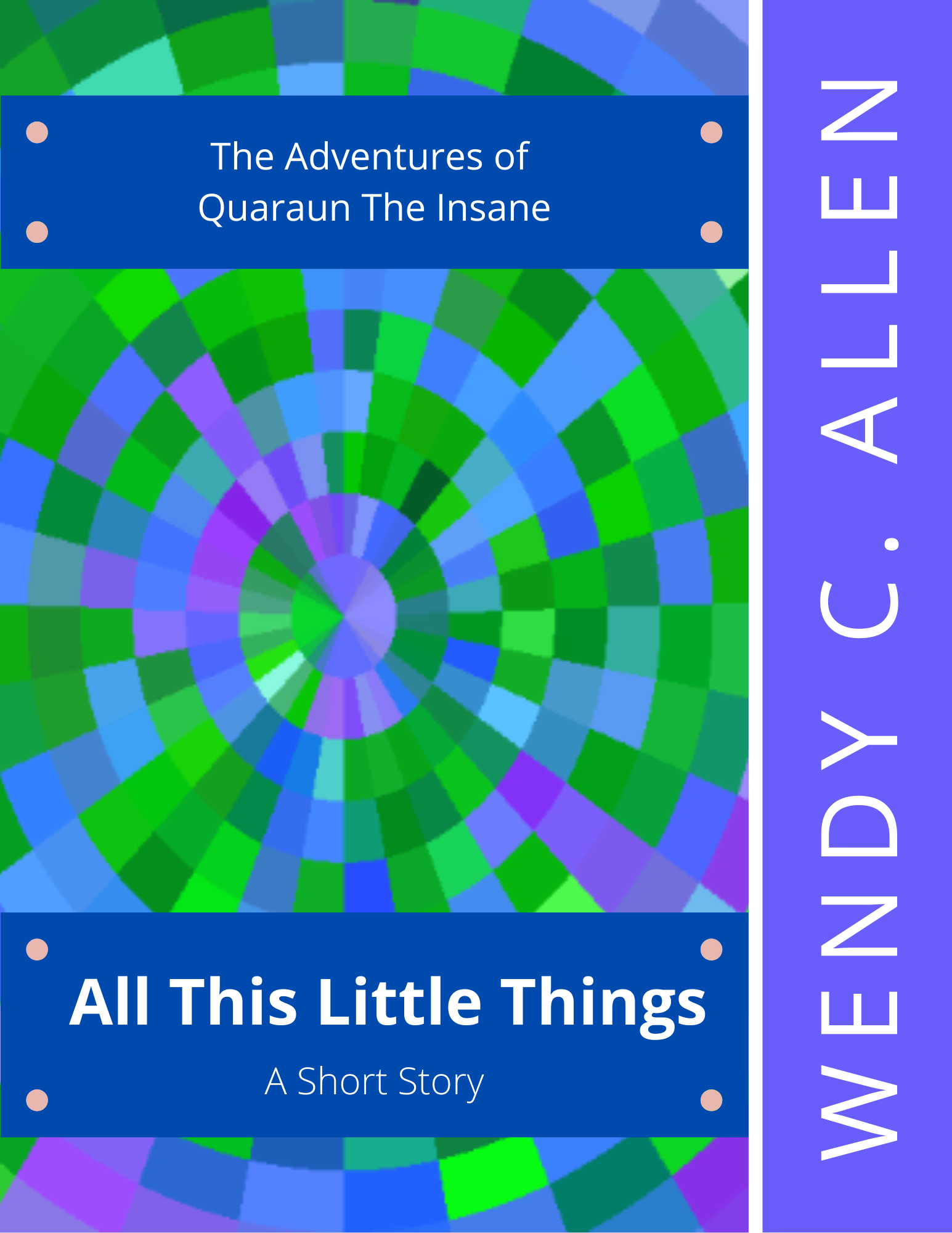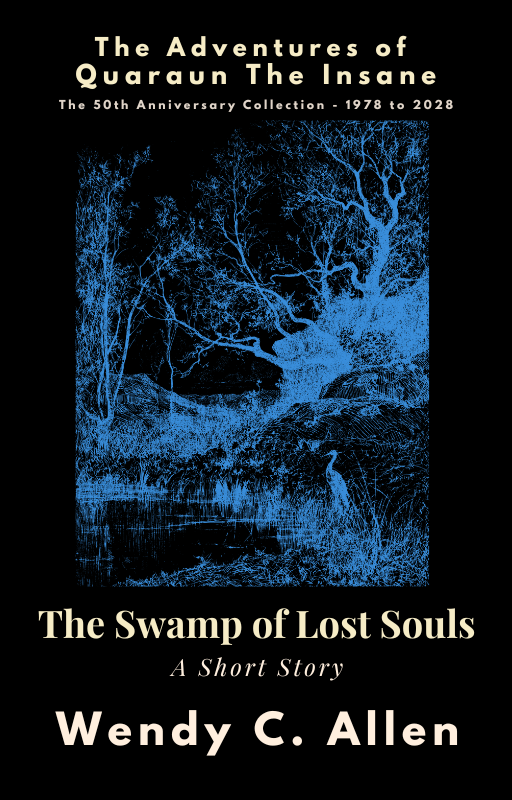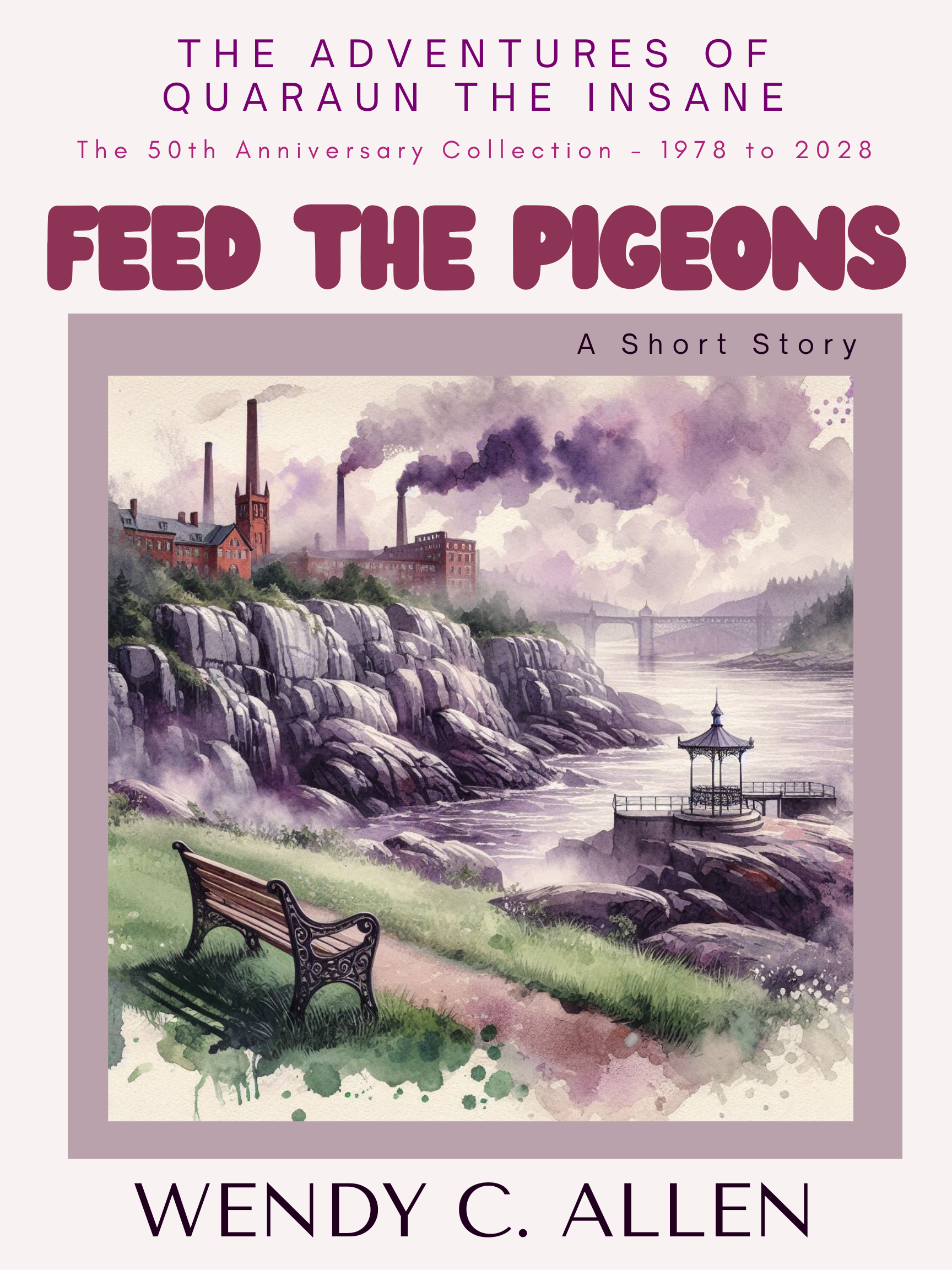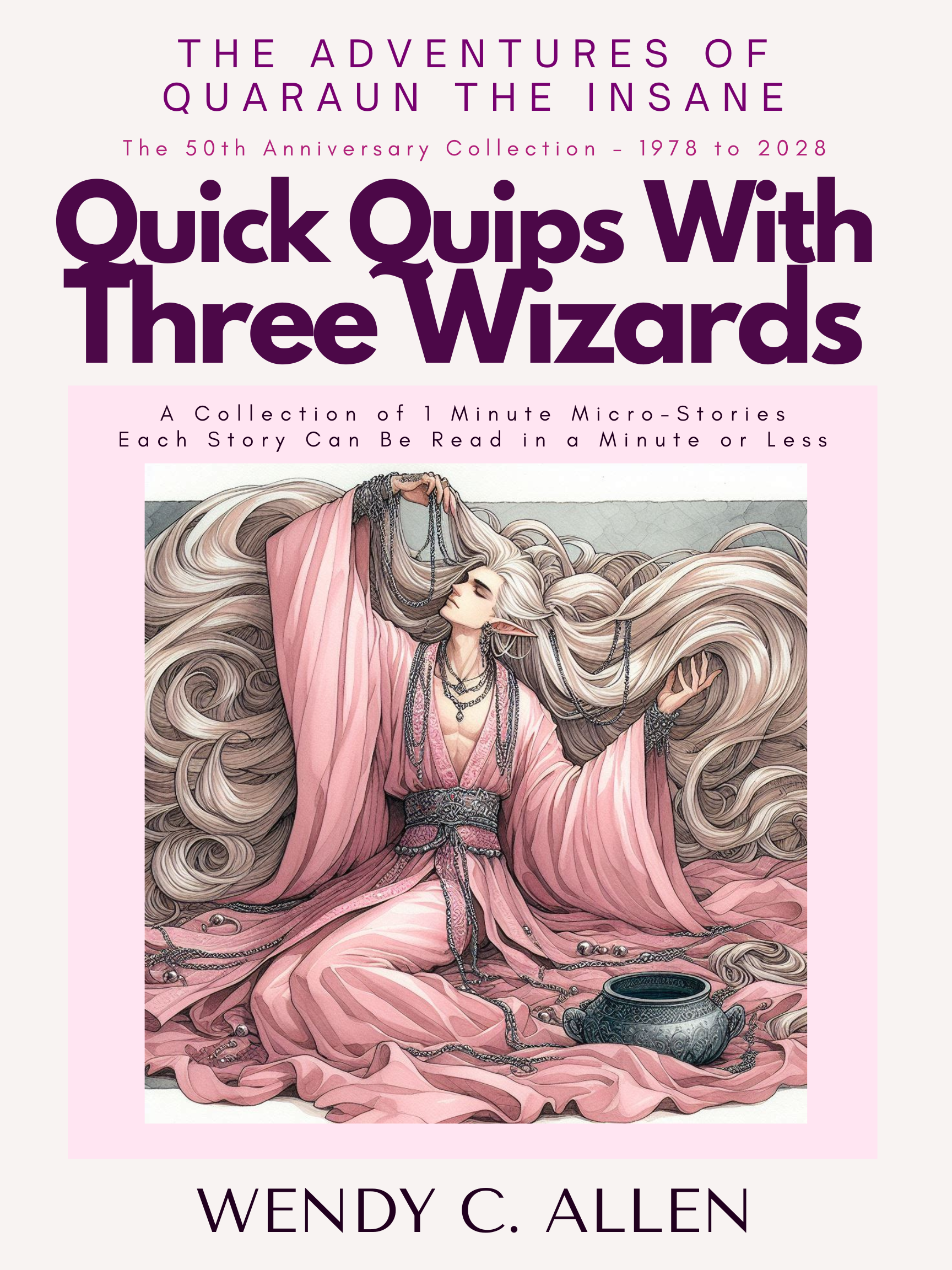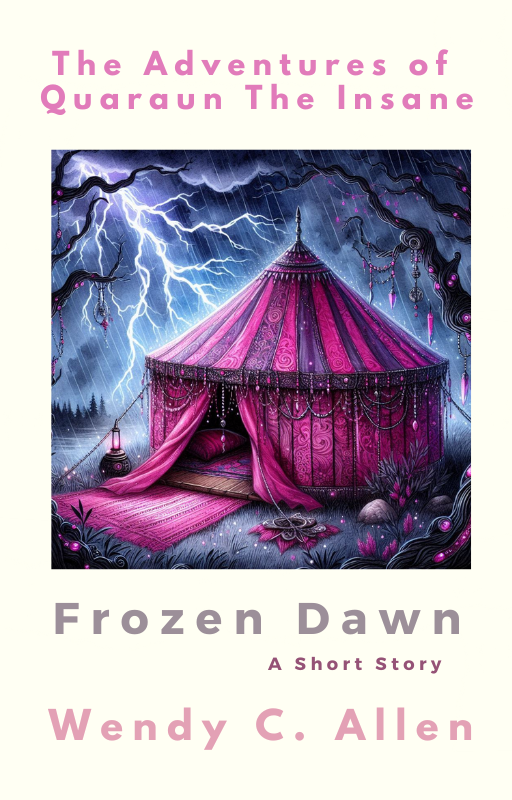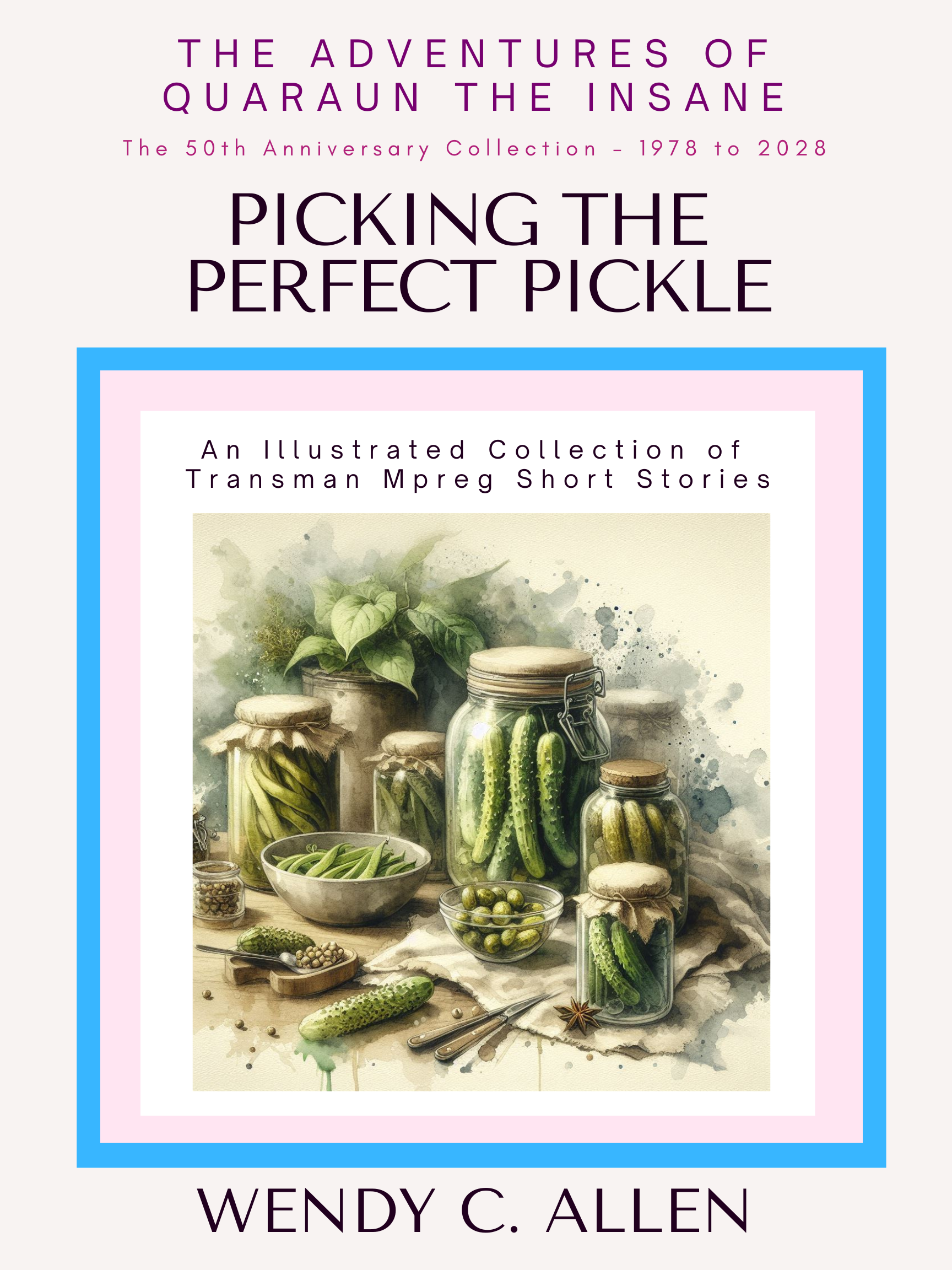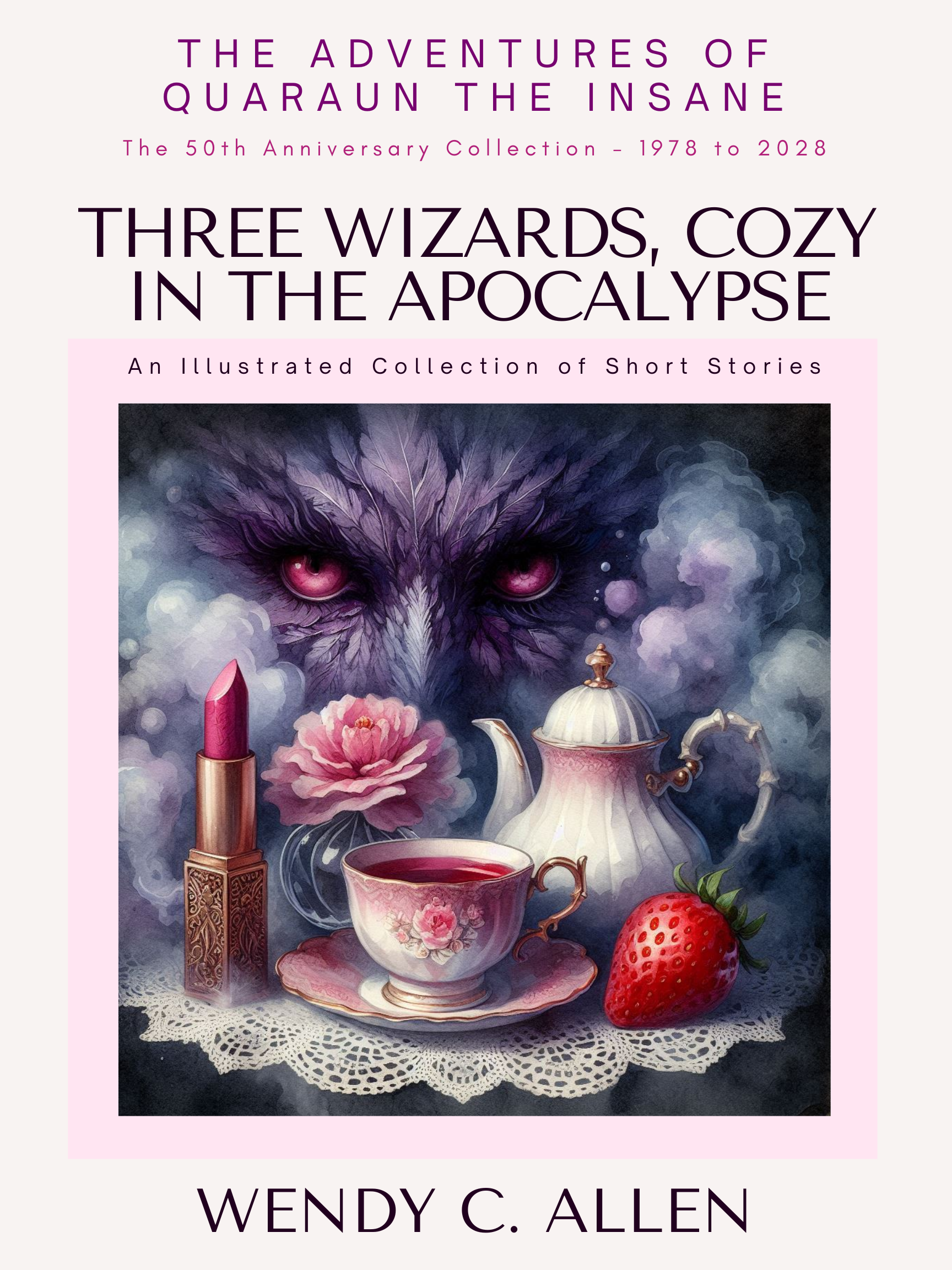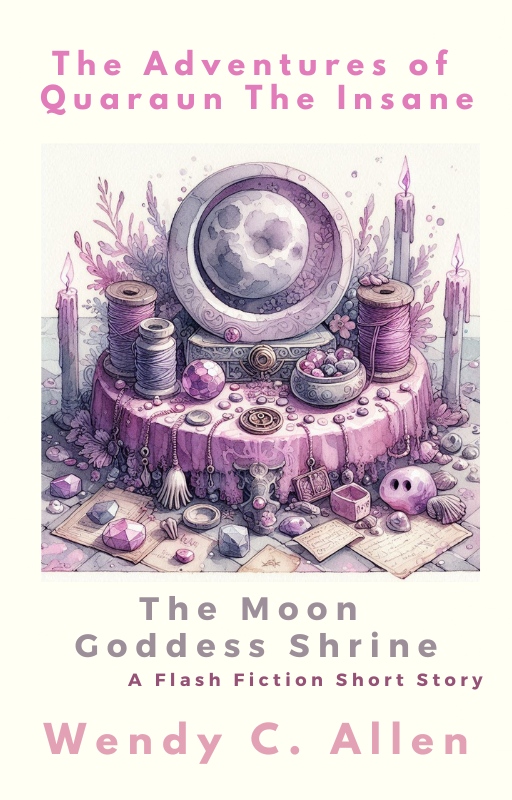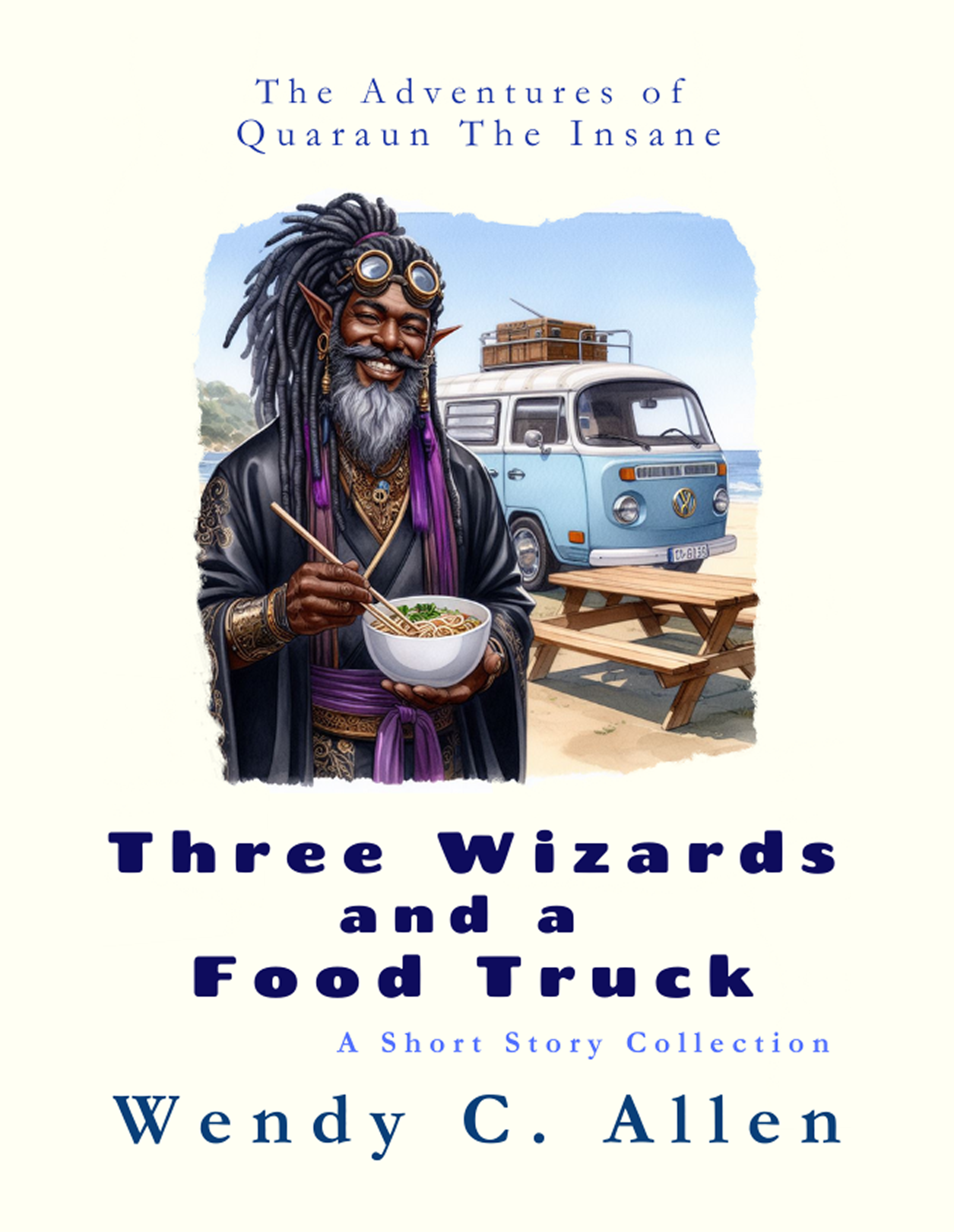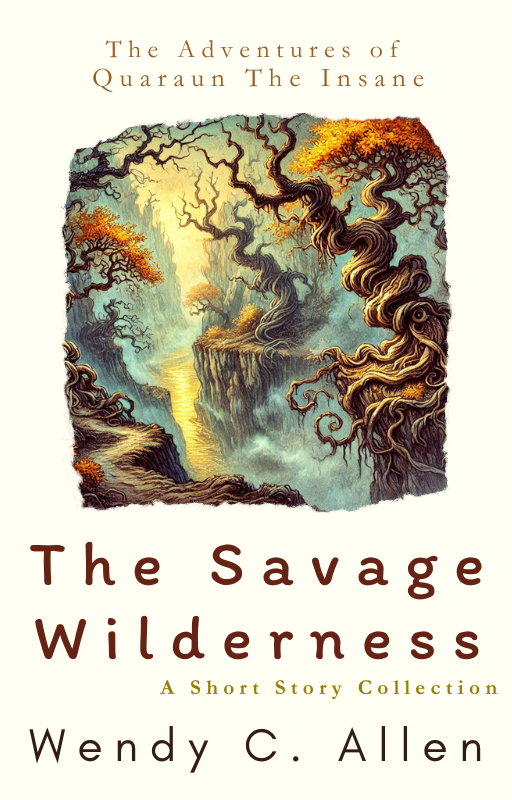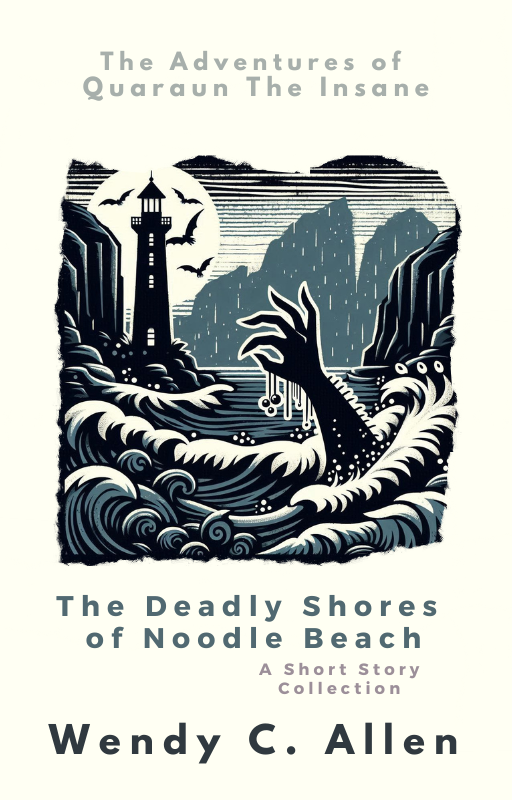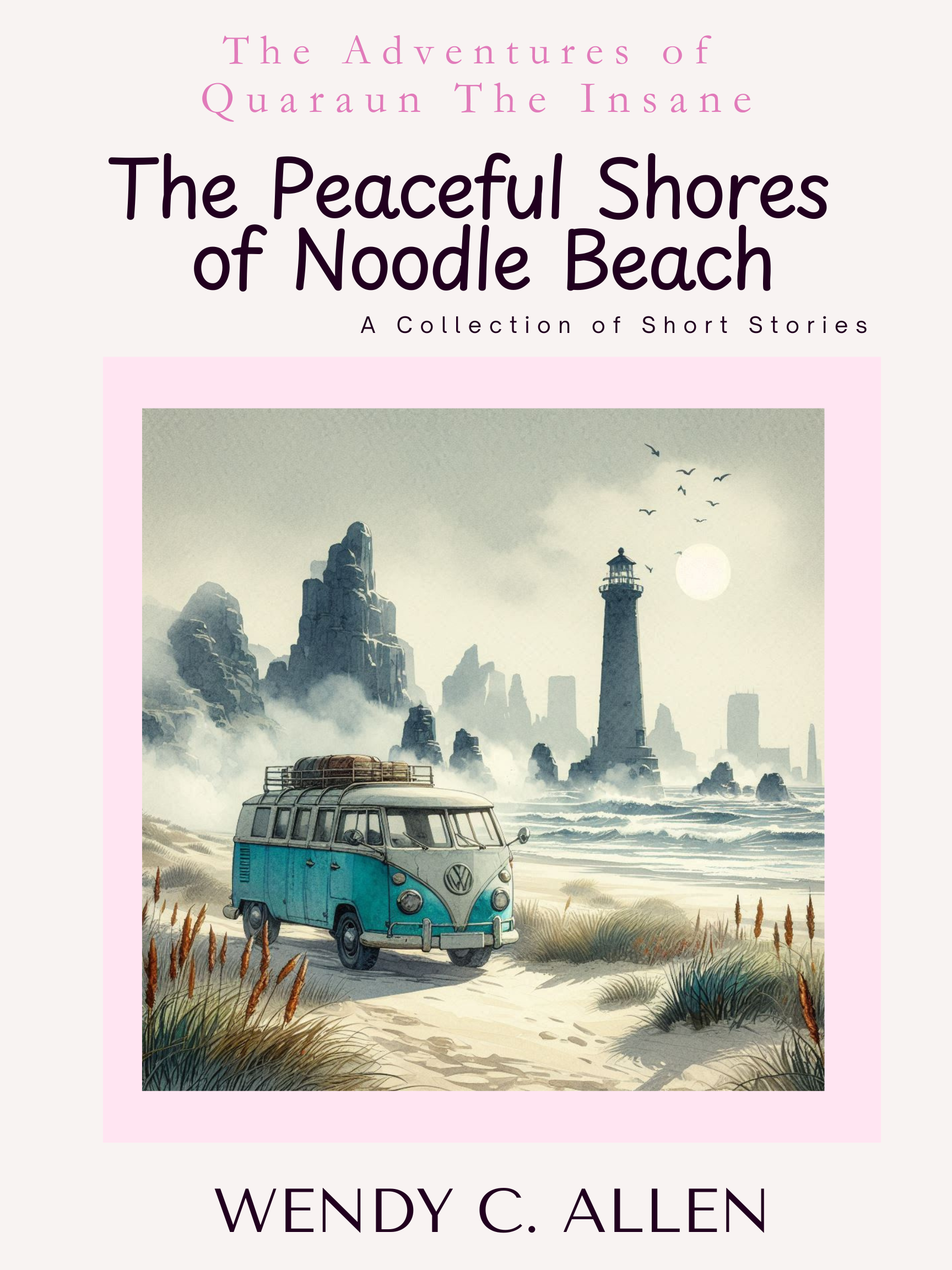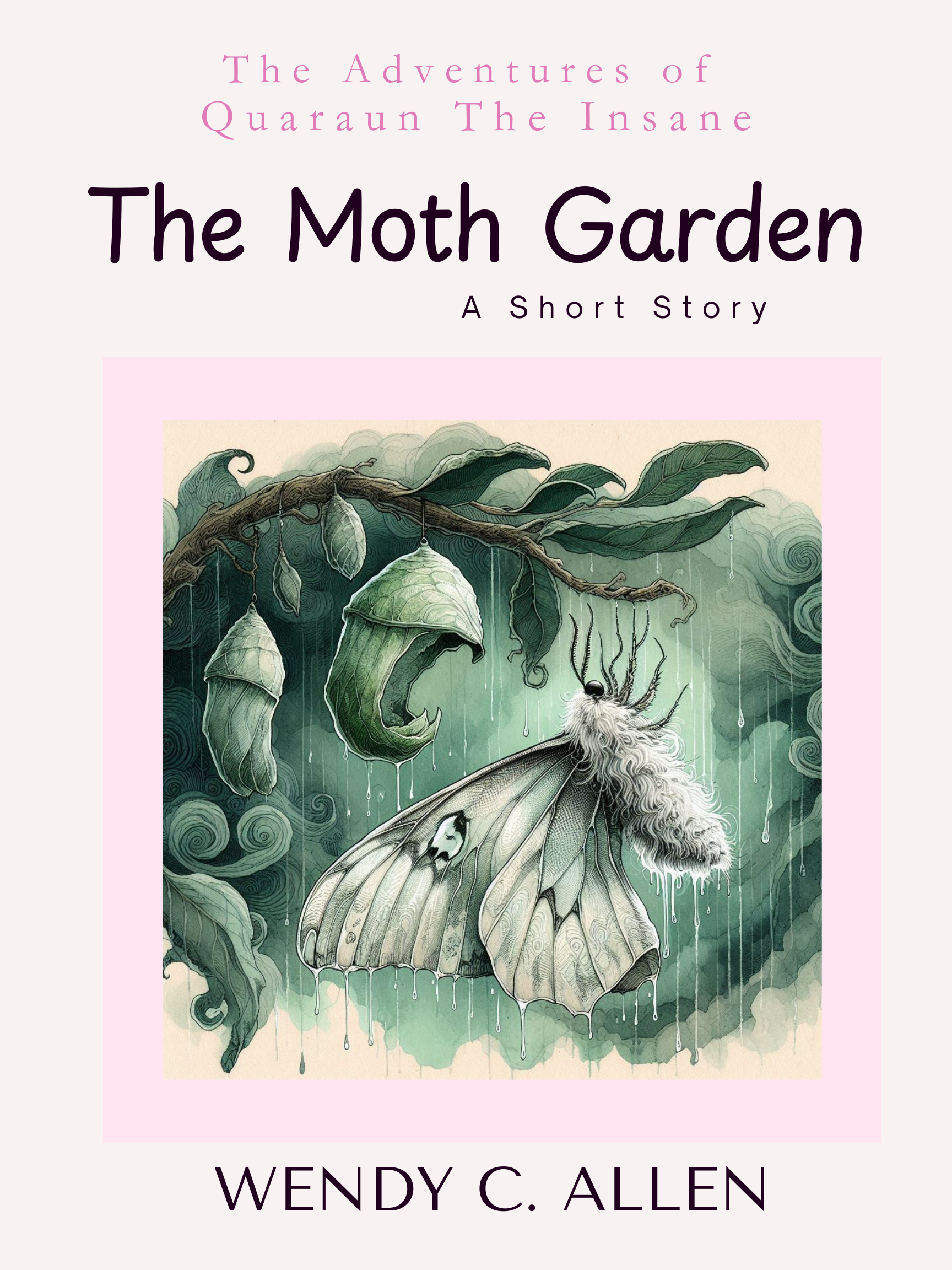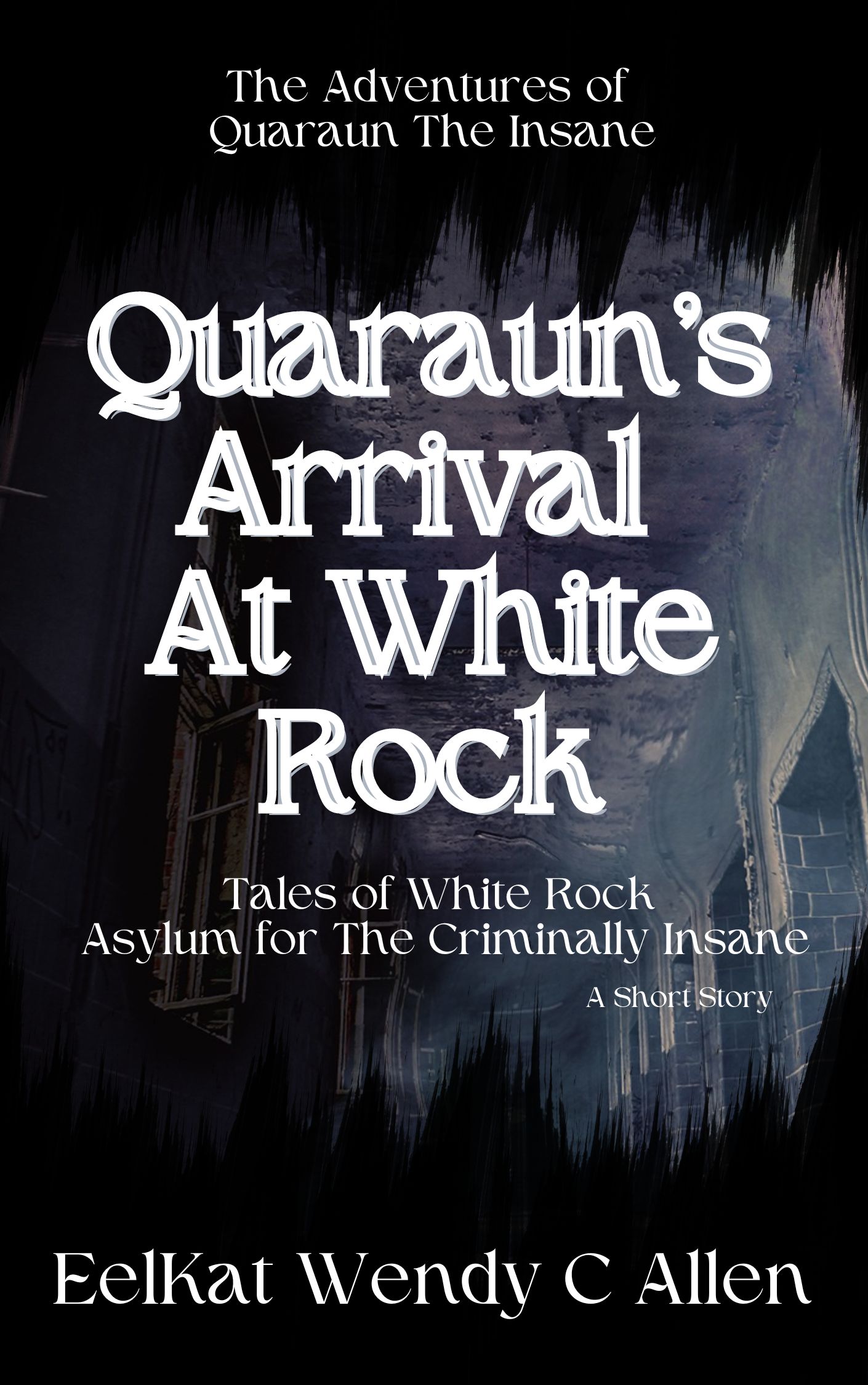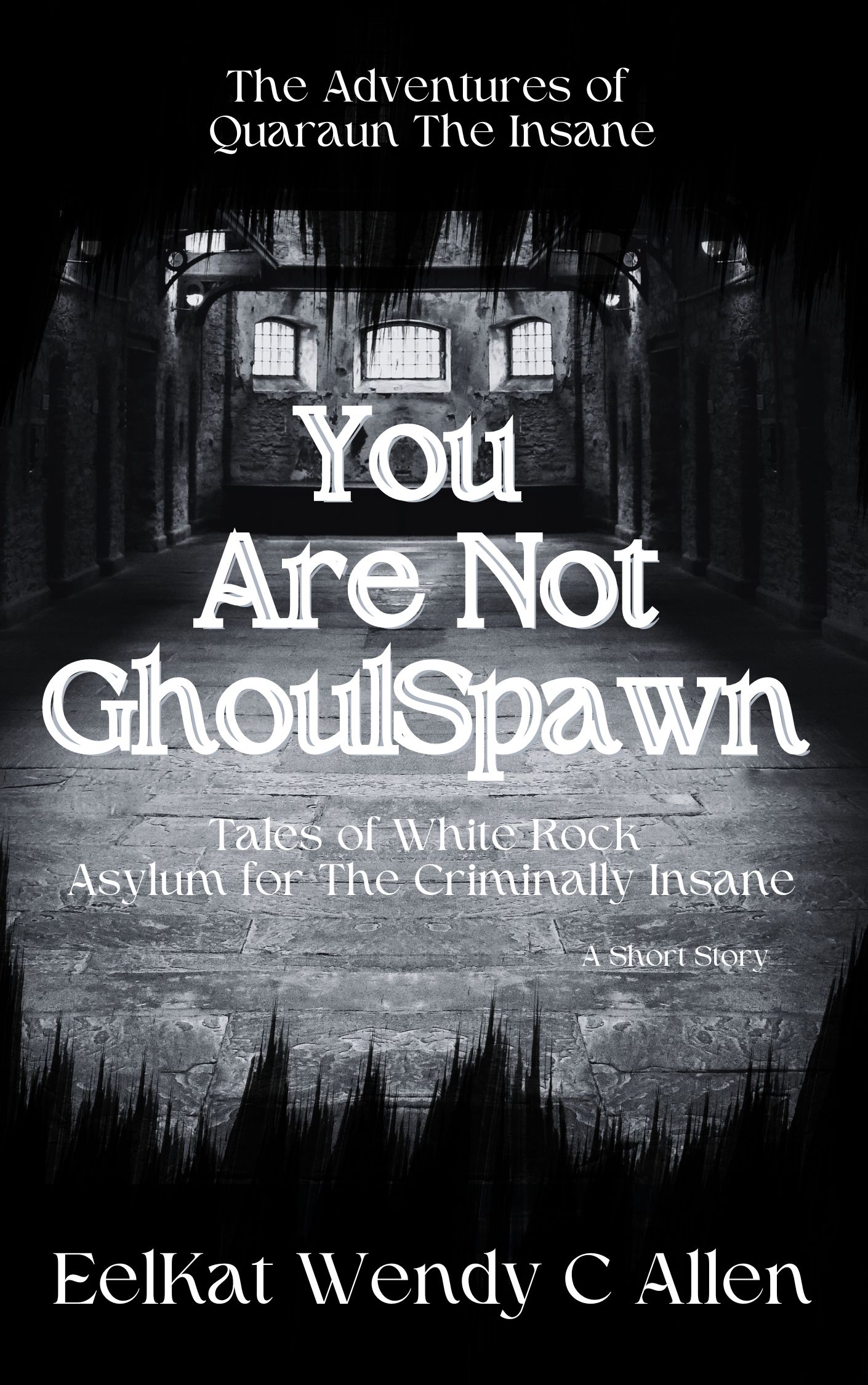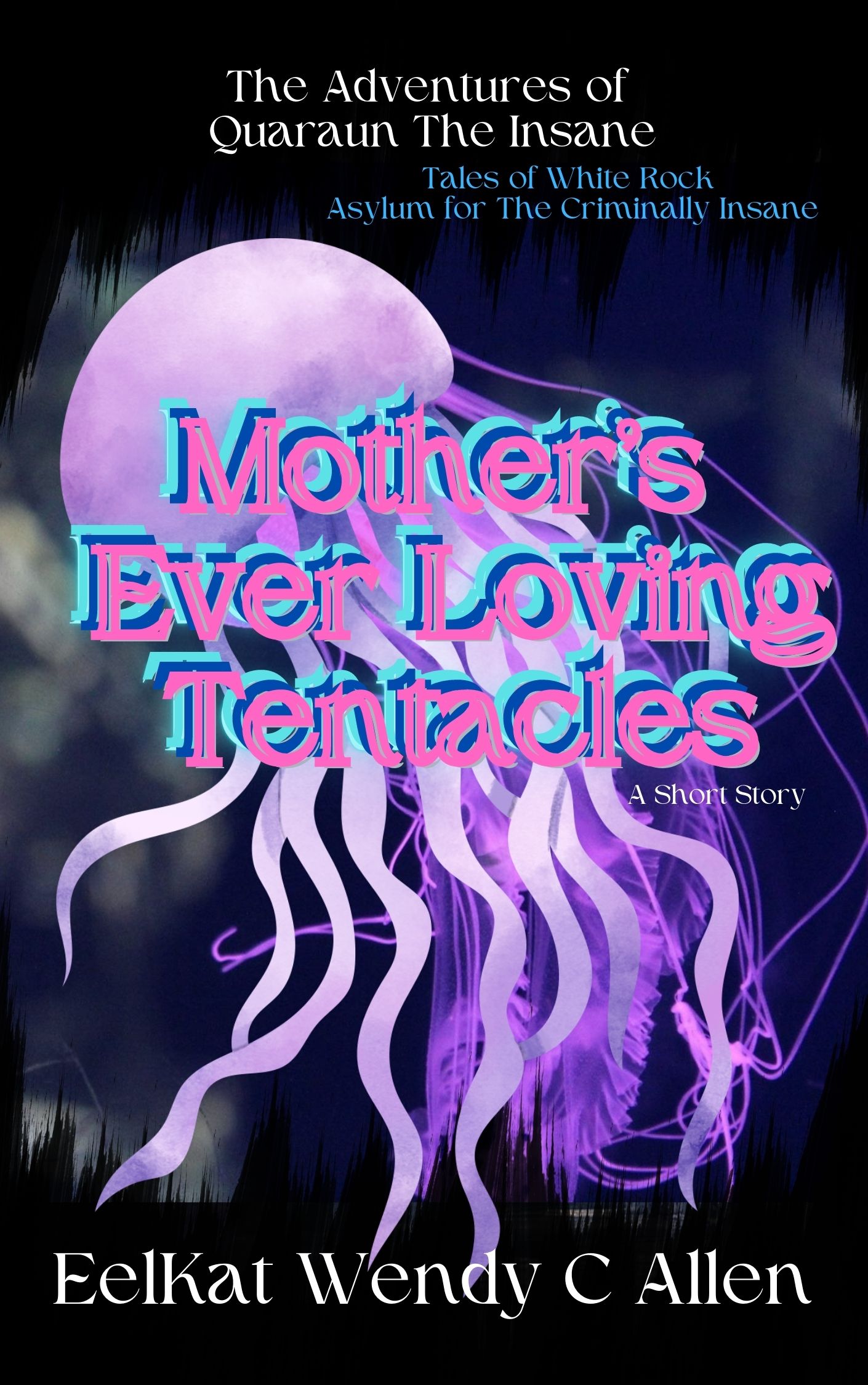Counting Down to the 2028 50th Anniversary of my first published book (September 23, 1978)
|
I am an author. I write Yaoi. This is my website. Yaoi means my main characters are gay lovers. If that bothers you, you're on the wrong website. Sorry.  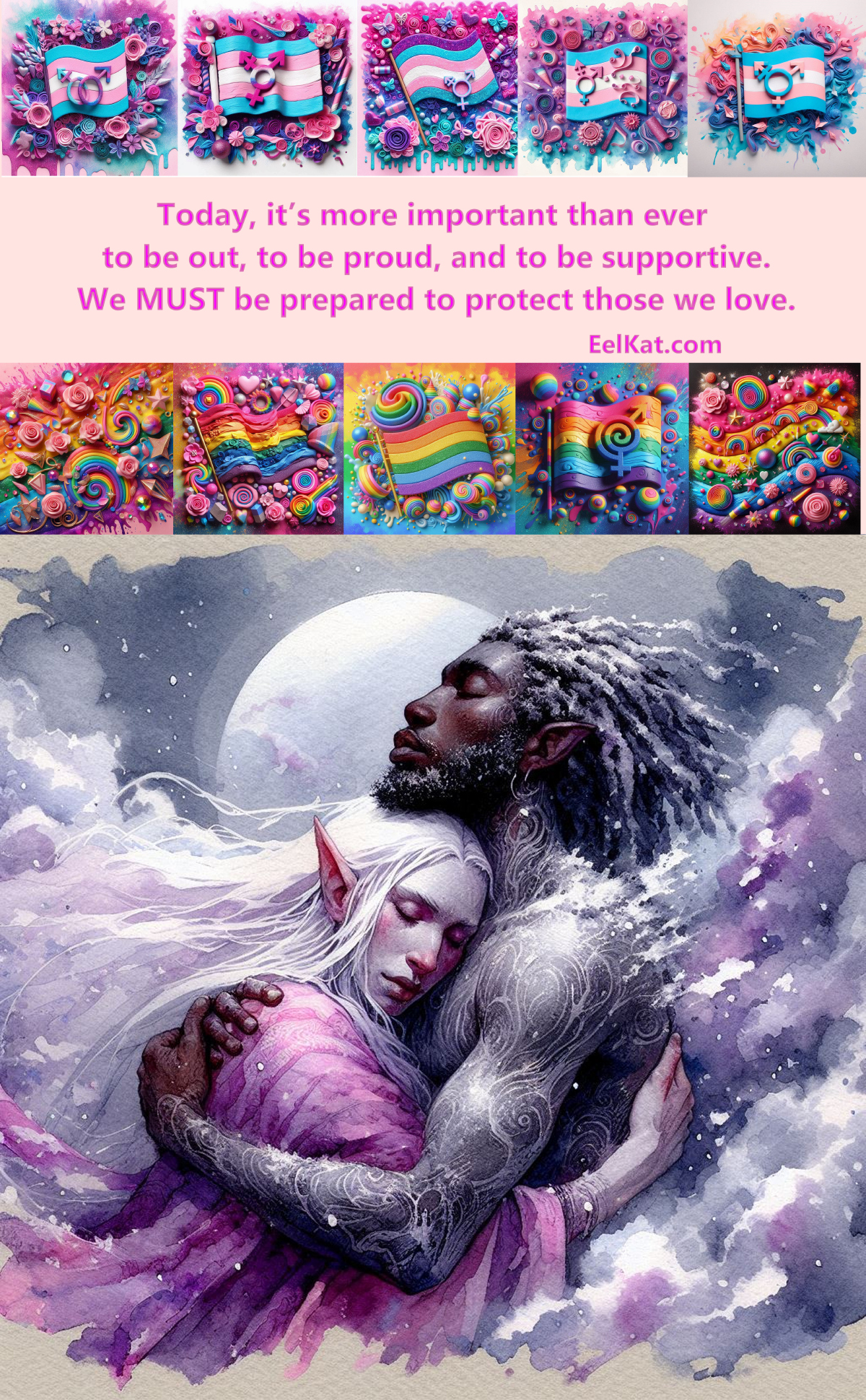 Transman Quaraun (The Pink Necromancer) and his husband King Gwallmaic (aka BoomFuzzy the Unicorn) King of The UnSeelie Court. Main characters of The Adventures of The Pink Necromancer series. Transman Quaraun (The Pink Necromancer) and his husband King Gwallmaic (aka BoomFuzzy the Unicorn) King of The UnSeelie Court. Main characters of The Adventures of The Pink Necromancer series.
|
This website is a safe zone for LGBTQAI+, pagans, polys, trans, neurodivergent, disabled, mobile aid user, minority, cosplayers, otherkin, furries, & BIOPIC communities.
If you are a hater, you can go fuck yourself.
Happy 2026!
It is our 30th anniversary here at Space Dock 13!
On the web since 1996!
You have encountered an extremely old website that continues to exist in old web ways, the same way it has done for now three decades.
In spite of being now 30 years old this year, started in 1996, it is still heavily active and old pages updated daily, new pages added daily, still now in 2026. All hand written, all hand coded (no AI), all by me, same as it ever was.
We Still Exist: The Old Web Did Not Go Away, You Just Forgot How To Find Us
|
This site was NOT designed for mobile devices (as they had not been invented yet when I created it) thus this site looks best on a computer, at 1280x768 or above. |
This is a very old website created in 1996, so, yes, javascript is needed for the site to work as it should. If things don't function, you may need to update javascript drivers on your device |
This site tries to be mobile friendly but it's been online since 1996, so old pages may not load right on mobile devices, and as this site has had pages added near daily for 30 years there are now over 20k pages here. |
Having started out in life as a GeoCities site, this site contains glitter, bright colours, blinkies, moving gifs, and other things the old web was known for. |
What motivated you to
become an indie author?
Home
/
About
/
What motivated you to become an indie author?
"What motivated you to become an indie author?"
I'm not sure that there was ever any one thing that motivated me. It was more like just the general flow of my life. Events that happened. Events I had no control over, causing me to find ways around them, that sort of thing.
I do not play well with others. As long as I can remember that is how everyone described me. Parents, aunts, uncles, teachers, bishops, doctors... I did not talk, laugh, smile, make eye contact, or do anything but sit on the floor reading books. When I did talk, it was to tell the adults they were idiots. Adults often complained that I was a difficult child and the only way to deal with me was to throw a book at me and tell me to sit in the corner and read. Most of my early childhood was spent sitting on the floor, in the corner, reading books, with adults dutifully not speaking to me (giving me the silent treatment to teach me a lesson, so they said) and telling other children "stay away from her, she's bad, don't talk to her, don't play with her, don't look at her, pretend she's not there."
I was reading Dr Seuss at age 3.
In Kindergarten at age 5, I blatenly refused to do the reading assignments calling the teacher a retard for thinking I was so retarded that I could not read and needed to be taught the alphabet like the rest of the retarded babies in the class. (I was often told I was retarded, so I often told everyone around me they were retarded as well.) While the rest of the 5 year olds were struggling to learn the difference between A & B, I sat in the corner to read Charlotte's Web, The BFG, and the Rat's of NIM.
I was taken out of school at age 8, after a heated argument with my teacher over whether or not Benjamin Franklin was a US President. It was President's Day and the teacher was telling us stories of "America's 3 greatest presidents": George Washington, Abraham Lincoln, and Benjamin Franklin. I had read nearly everything Franklin had written by that point and had written an essay on his life and knew for a fact that the 3rd grade teacher was wrong. Benjamin Franklin was never a president. It did not matter that I was right, only that it was the 1970s and talking back to a teacher was punishable by a belt to the backside (teachers beating on kids was not yet illegal).
|
At age 9 I read the Bible cover to cover like a novel in 3 months and I was already a published author. That same year I also read the Book of Mormon, The Doctrines and Covenants, and The Pearl of Great Price. I would continue to reread the Bible at 3 month intervals every day for the rest of my life. I became fascinated by Danial and took up studying giant concordances and study guides focusing on his writings. Daniel's refusal to eat meat or hurt animals had a huge impact on my life and upon reading the Book of Danial I became a vegetarian and animal rights activist. I was also greatly influenced by Daniel's refusal to stop praying in spite of the king's law and his unwavering devotion to his creator. |

Daniel in Lion's Den |
Daniel's dealings with being a prophet and how it was he claimed to be a prophet were what fascinated me the most, especially his methods of dream interpretations, reading signs, channeling messages from spirits, communicating with the dead, casting spells on the wicked, his founding The Brotherhood of the Magi (Magicians), reading stars, scrying water/crystals/stones/bones, and all the other weird things Daniel did on direct command from God.
My strict devotion to repeating everything Daniel did on God's commandment, would be the actions that would later result in my fellow church members declaring me to be a witch.
Daniel would have a huge impact on my writings later on. But at this point of time, I was just a 9 year old kid, utterly fascinated by these ancient texts. I was also flabbergasted at the fact that adults often said they found the Bible difficult to read. By the time I was 10, I had read it (King James Version) 3 times and it was my favorite book.
When
the MENSA society tested my IQ I was told it was "alarmingly high at
217" and the fact that I was not yet 10 years old and already a multi
published author meant that I was also a child protege.
In my
pre-teen years I pursued traditional trade mass market publishing. I
didn't like it. I did not like that the publisher had to right to change
the title of my books, nor did I like that they had the right to
change, edit, or remove large sections of my books without telling me
they were doing so.
I did not like opening my book to say "But I didn't write that!" I did not like that I had no control of cover art. I did not like that even the highest paid authors only got paid .02% to 4% royalties on average. I did not like that when publishers found out they were dealing with a 10 year old, they suddenly changed their attitudes and started treating me like a baby and thinking I was too stupid to know they were taking advantage of me.
Feed up with the publishing industry I swore "never again" and I founded my own publishing house at age 12.
At
age 14, me and my 5 best friends were attacked, they were torn to
shreds and dissected alive, I was the only survivor. Many, many months
of court trails followed, with lawyers demanding I repeat over and over
and over and over again every detail of how my friends were cut up and
ripped to pieces. That was the last day I wore pants. I was wearing a
pink sweater and acid washed carpi blue jeans.I'm only alive because my
best friend threw himself between me and Lisa, which resulted in her
snapping his spine.
About a month before that happened I had sewn a dress for The Green and Gold Ball. I changed into that, wore it for weeks, until Halloween, than I changed into a poodle skirt and 50s jacket, wore that for months, until one day I saw a $5 wedding dress, all sequins, bought that wore it for months.I haven't worn "normal" cloths since the day my five friends were murdered, and I came to view "authority" as "the enemy" and that included publishing houses.
About 6 months into the trial, while the judge was screaming one thing, the lawyer was screaming another thing, and a whole back wall of reporters were flashing cameras I sat down on the floor in front of the witness stand and started writing. They could not get me to say a word. I would not speak another word vocally again for another 15 years. I sat on the court floor, started writing the Twighlight Manor series, the long running horror serial about a serial killer who vivisected his victims. I would wrote more than 200 short stories for the series every one of them retelling again and again the events of how my friends were murdered.
The issue was made worse by the fact that a Mormon high priest with a sexual fetish for little girl's took advantage of the whole thing and decided to make me his sex slave, which my parents overlooked because #1 he was a priest, and #2 he was one of the wealthiest men in town and could pay them to look the other way over what he was doing. It was this fact that money spoke louder to my parents than anything else, that turned me off from the whole idea of ever wanting to have any sort of income. I began to hate money.
I was diagnosed with being in tramatic shock, and having both clinical depression and PTSD. In a matter of weeks I also developed agoraphobia and would not leave the house, except to go to church, until I was 31 years old.
I developed a serious mistrust of so-called authority figures, especially men running any church. But all of this spilled over into my writing career as well, with me only rarely submitting work to traditional publishers. In fact only 1 publisher: Egmont (Disney Comic Books) and only because they owned the copyright to the comic book characters I was writing about (Uncle Scrooge and Donald Duck). Outside of Disney, I avoided dealing with publishers.
Today 31 years later, I am the author of 30+ books, 200+ short stories, 2,000+ articles, a few dozen plays, and 2 advice columns.
You got to understand too, that my early dealing with publishing houses was in the late 1970s and early 1980s when laws governing what a publishing house could get away with were sketchy at best, and editors running off with manuscripts and publishing them as their own, happened to about 1 in every 8 authors. Publishing houses had really bad reputations back than, many authors did not read contacts carefully and lost the rights to their work, as it was common practice during the 1970s/1980s for publishers to demand the copyright be given to them.
It wasn't until the 1990s that publishing laws started cleaning up scammy publishers and putting shady editors out of business, and by that time I had already been self-publishing close to 20 years. Folks from my generation grew up dealing with sleazy scum bag publishers taking advantage of writers and so when publishers of good reputation started to show up in the 1990s folks of my generation were already well weary of dealing with any publisher at all.
Trade publishing was not invented until the late 1800s, and it did not become reputable or well thought of until the 1990s. The same time trade publishing became reputable though, vanity press plummeted in reputation, because all the scam artists editors that got chased out of trade publishing houses took to founding lots of small vanity press houses.
So now authors have lots of options in publishing, no one being better than the other and none being a once size fits all. Some authors go strictly trade, some go only self-pubbing, some do a mix of each. Every writer has to test the waters and figure out which road is best for them, and some may find using a different road is best for each book.
So where am I at today?
I still run the publishing house I founded 31 years ago and a large majority of my work (maybe 80% to 95%) is still self-published via that, however I'm less mistrusting of trade publishers than I was in the past and from time to time take that road as well.
I prefer indie-press (running a small publishing house that publishes only a handful of authors and essentially is "advanced self-publishing"), because I still like to have full control over every aspect of my books, and I still don't "play well with others" and do not like being told what to do, by people I have no reason to trust. I was used and abused badly as a child and now as an adult I have some serious trust issues, which overflow into everything I do, including getting my books published. Authority figures have to give me a damned good reason to trust them before I'll let them tell me what to do, and that includes publishers and editors, not just church leaders, now.
Your Questions Answered
Who can I contact if my questions are not answered here?
This page was written by Wendy Christine Allen of 146 Portland Ave, Old Orchard Beach, Maine.
All Rights Reserved.
While there are around 20k pages on this website, most of them are blocked from search engines, with only around 800 of them available for appearing in Google/Bing/etc search results. The remainder can only be accessed via the various links found throughout this site. This was done deliberately on my part, and I did it because the bulk of the pages on this website are chapters from 138 novels and 423 novellas, so only the first page of each novel and novella indexed by search engines, and the remainder are linked in order, one page at a time, via clicking "next page" at the end of each. So if you are looking for a specific page from a specific novel, Google can't help you.
|
Thank you for stopping by and have a nice day! ꧁✨🌸🔮🦄🔮🌸✨꧂ And if it’s your birthday today: ִֶָ𓂃 ࣪˖ ִֶָ🐇་༘࿐꧁ᴴᵃᵖᵖʸ☆ᵇⁱʳᵗʰᵈᵃʸ꧂🤍🎀🧸🌷🍭 |
 |
Get an email whenever Wendy Christine Allen 🌸💖🦄 aka EelKat 🧿💛🔮👻 publishes on Medium.
I also write on these locations: | Amazon | Blogger | GumRoad | Medium | Notd | OnlyFans | Tumblr | Vocal |
Important:
Fraudulent sites are impersonating Wendy Christine Allen.
- The ONLY official website for Wendy Christine Allen is www.eelkat.com
Fraudulent social media accounts, particularly on Reddit and FaceBook are impersonating Wendy Christine Allen.
- The ONLY official social media accounts for Wendy Christine Allen are listed in the footer here at www.eelkat.com
Find Me on Social Media:
- Amazon: Author Central
- Amazon: Quaraun Series Index
- Blogger
- CafePress
- DeviantArt
- FaceBook (Profile)
- FictionPress
- Gravatar
- GumRoad
- Lemon8
- Medium
- Notd
- OnlyFans
- PayPal
- Reddit 1 (Primary)
- Reddit 2 (Alt; Archived)
- SpoonFlower
- TikTok
- Tumblr
- Twitch
- Twitter (X)
- Vocal
- WordPress
- YouTube
- YouTube Shorts
- Zazzle: My Art
- Zazzle: Quaraun Merch
Any websites and accounts you find online that are NOT on this list are NOT Wendy Christine Allen
